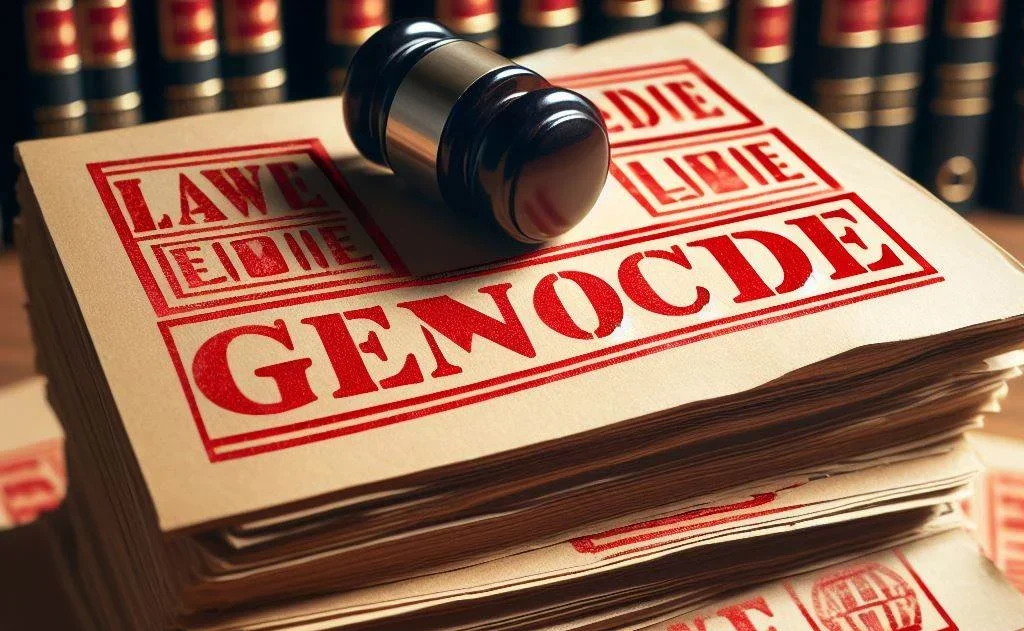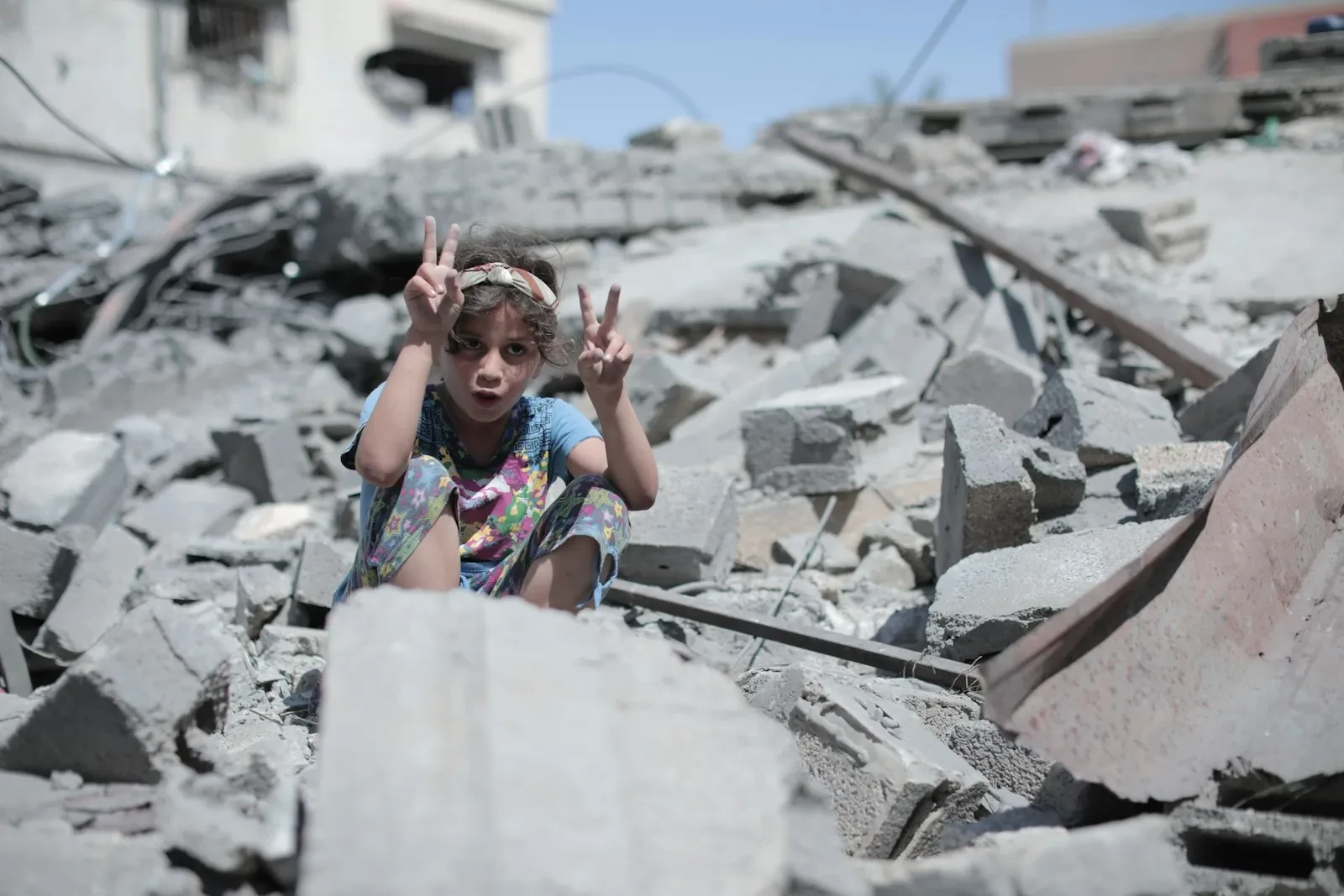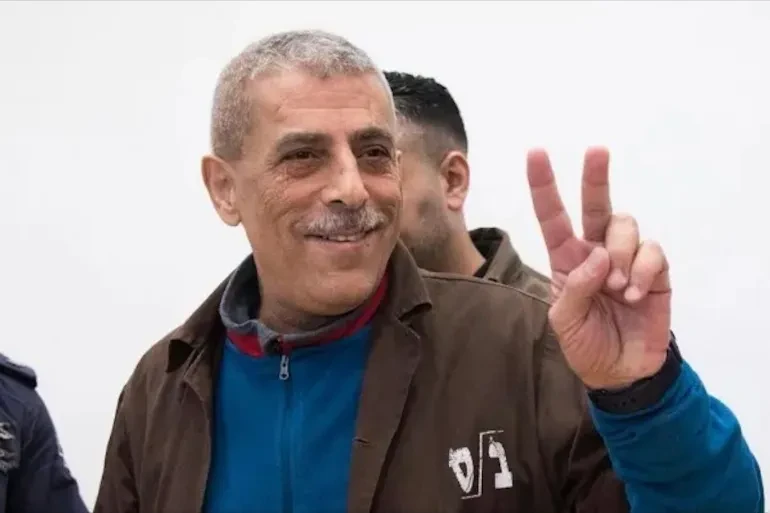Genocide, a word echoing with cruelty and loss, is a topic that requires careful and thoughtful handling.
In this writing, we will explore the complexities involved in prosecuting genocide. Let’s delve in!
A quote from the Nuremberg Trials states,
“Crimes against international law are committed by men, not by abstract entities, and only by punishing individuals who commit such crimes can the provisions of international law be enforced.”
This is a monologue that illustrates the importance of individual responsibility in genocide.
However, genocide is not a crime committed by individuals alone.
Like a terrifying dragon in a fairy tale, genocide is the result of a complex and often difficult-to-understand system.
This may sound like a sarcastic analogy, but it is an effective way to depict the complexity of genocide.
For instance, in the case of Bosnia and Herzegovina against Serbia and Montenegro, questions of state responsibility for genocide became a focal point.
This is an anecdote that may sound odd, but it is an effective way to depict the complexity of genocide.
In this case, international law seeks to separate primary and secondary rules, with this approach considered both theoretically and practically sound.
However, the main challenge facing the Court is not in applying the relevant substantive law, but in establishing facts and assessing the available evidence.
Genocide is defined in Pasal 2 of the Genocide Convention as follows:
“In this Convention, genocide means any of the following acts committed with intent to destroy, in whole or in part, a national, ethnical, racial or religious group, as such: Killing members of the group.”
However, despite this seemingly clear definition, its application in law often becomes complicated and confusing.
Ultimately, genocide and the complexity of prosecuting it are topics that require deep understanding and broad knowledge.
This is not a topic that can be taken lightly or ignored. Instead, it is a topic that requires serious attention and thought.
Therefore, we must continue to strive to understand and address these complexities, with the hope that we can prevent crimes like genocide from happening in the future.
Because, as philosopher George Santayana said, “Those who cannot remember the past are condemned to repeat it.”
With the aim of providing experience, expertise, authority, and trust to the reader.
Thus, this writing is expected to be a useful and reliable source of information for those interested in learning more about genocide and the complexities of prosecuting it.












